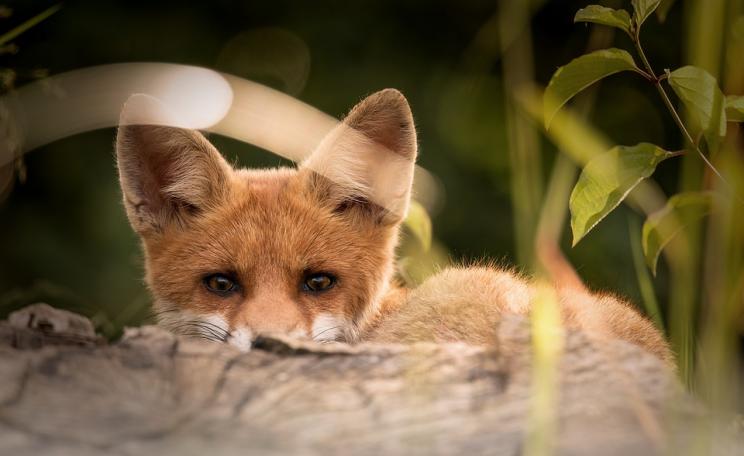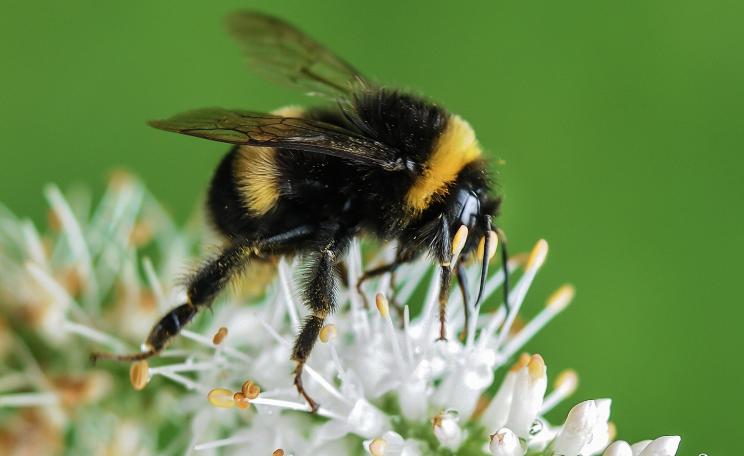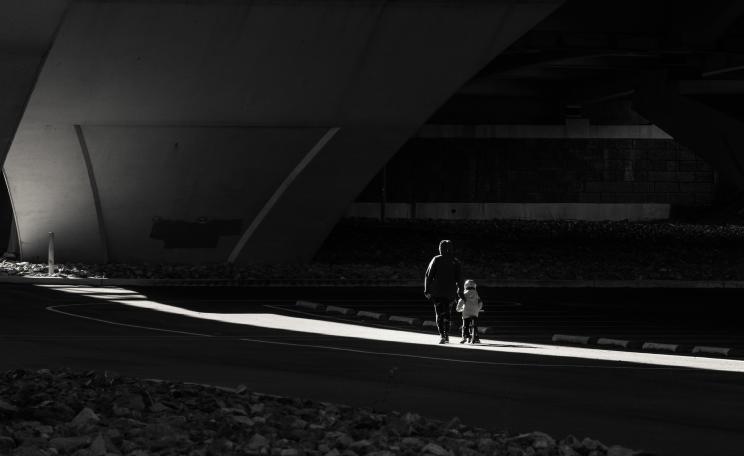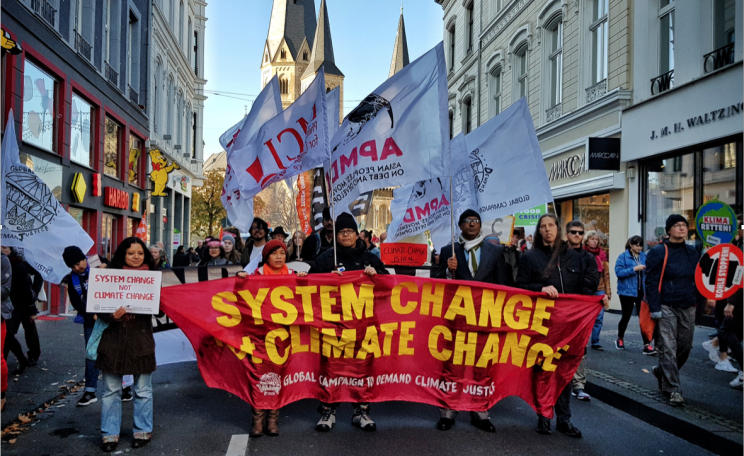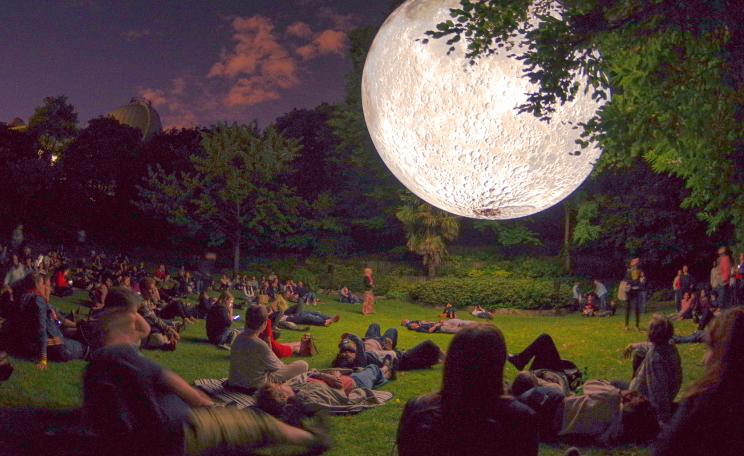*
“The web of life is being torn apart,” declared author and environmental campaigner Tony Juniper.
The IPCC report launched in October 2018 declared that we have 12 years to acton climate change, and the WWF recently published its latest Living Planet Report.
Since the 1970 baseline year – i.e. in less than one human lifetime – animal populations have dropped by 60 percent.
Living systems
I listened to Juniper and the Devon Wildlife Trust speak about the reality we face, and what the UK might do about it. “What is causing this destruction? – three major things,” Juniper declared.
First, our food system. We use vast areas of land to grow crops to feed animals and ultimately the growing global middle class. If the top two billion consumers cut down meat and dairy consumption by just 40 percent it would free up an area of land twice the size of India.
Second, deforestation and land use. Juniper said: “We forget that the Romans deforested much of our land. Our wildlife persisted until after the end of World War 2”. Then our agricultural system intensified. It’s not just habitat change, it’s system change and intensification that’s destroying wildlife.
Third, the fragmentation of our habitats. We’ve divided up land into fields, roads, airports. Wildlife can no longer move freely. And yet in the latest UK budget, £30 billion of funding was found for road infrastructure just weeks after the IPCC’s warning.
“This is all an assault on the fabric of living systems,” Juniper said, matter-of-factly. “It’s supposedly the price of progress – we need to keep prices down, to increase our competitiveness. But you can’t do good business on a planet that’s in chaos.”
Environment Act
So, where do we go? Will we nurture a low tax, free trade zone when we leave the EU, and push the natural world down the agenda? Or will we choose to step up and lead?
The UK’s major wildlife groups are uniting to make the case for a new Environment Act – it would be the first since the 1995 Act. They’re calling for clear and measurable goals including:
- The creation of an environmental watchdog to hold the government to account, once the European Commission no longer does so.
- A legal duty to restore nature, backed by targets that are enshrined by law. For example, targets to restore air and water quality, and increase native woodland and bird populations. The UK is lucky to have an army of citizen scientists who can help with this.
- Access to high quality green spaces for everyone. This would also improve our public health, reducing the burden on the NHS.
- Sustainable supply chains. The UK currently imports produce from land equivalent to half the size of the UK, and from countries where deforestation is an issue.
These points may sound familiar – they’re already in the government’s 25-year Environment Plan and subsequent announcement of an Environment Act. But the plan is voluntary, and the Act could be thrown into disarray with a no-deal Brexit. It needs to be moved forward into law, and that’s what the push for an Environment Act aims to do.
Rare opportunity
The 2020 Beijing Convention on Biological Diversity will offer an opportunity to globally prioritise the natural world. It’s an opportunity to “bend the curve of loss into a curve of recovery,” according to Juniper. “A treaty will need to ensure that nature’s vital signs are improving by 2030.”
Beijing 2020 could result in the biodiversity equivalent of 2015 Paris Climate Agreement, Juniper explains. By the time that Paris meeting happened, the UK was already leading – our Climate Act had come into place in 2008. This showed that it was possible for a country to turn aspiration into policy and generate momentum. The Climate Act prepared the ground for the Paris Agreement.
W have an equivalent story here – an Environment Act that gets passed into law and in turn inspires global leadership at the Beijing Convention is our best opportunity to change things in a generation. It could help us step into a truly green economy.
Restoring balance
We need to recover. But we cannot bring back species and habitats when we do not care for what we already have. On a local scale – my Devon home turf – only one third of the 200 Sites of Special Scientific Interest (SSSIs) here are in good condition, according to Harry Barton, Chief Executive of the Devon Wildlife Trust.
How can we care for our local patch? We can manage our verges and gardens less to encourage wildlife habitats and corridors. We can make sure there is accessible nature in every city, town, and community.
We can contact our MPs and local companies and speak to them about the Environment Act. We can connect with and support local farmers. 76 percent of land in Devon is farmed – if more of this was run by nature-friendly farms, we’d better look after the pollinators and soil that we all depend on.
The local, national and international are all vital if we are to prioritise and restore the natural world. And ultimately, progress on climate change goes hand-in-hand with the restoration and protection of our natural world, too.
Wildlife, humans and the climate that sustains us all are mutually dependent. Creating a new UK Environment Act could show the world how we might prioritise, restore and protect this balance.
This Author
Elizabeth Wainwright is a contributing editor for The Ecologist and a freelance writer. She also co-leads Arukah Network. You can find her on Twitter @LizWainwright
If you’re in Devon, you can learn more about what the Wildlife Trust is calling for by clicking here.


